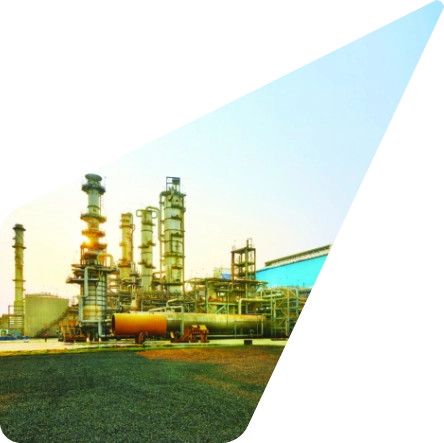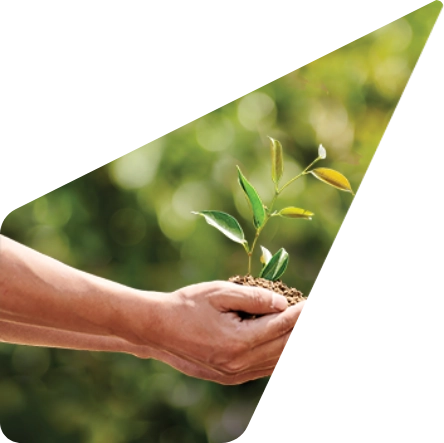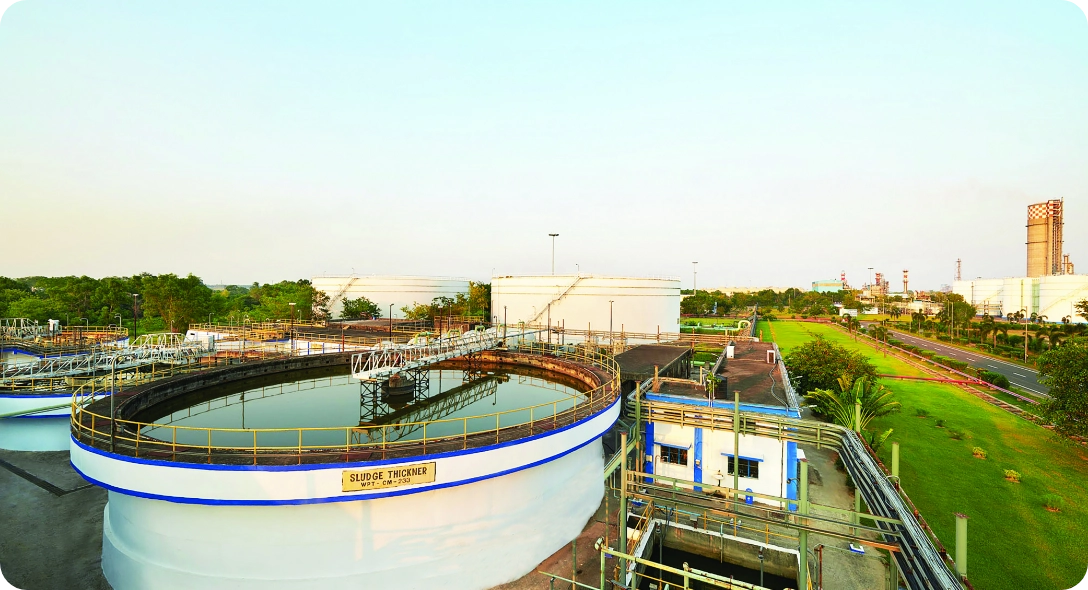and employee enrichment



Efficiency measures undertaken in FY 2022-23 helped reduce energy consumption by ~0.19 Gcal/MT of urea from 5.14 Gcal/MT before plant turnaround to 4.84 Gcal/MT
Note: Gcal/MT denotes Giga calories per metric tonne
We have installed Continuous Ambient Air Quality Monitoring Stations (CAAQMS) and three manual monitoring stations at our site for real-time monitoring of air pollutants (PM10, PM2.5, SO2, NOx, Ammonia, etc.) as per SPCB guidelines. Measures have been implemented to minimise atmospheric emissions. We use low NOx burners in the reformer, gas turbine and auxiliary boiler for controlled NOx emission. Tall prilling tower with natural draft technology for Urea prilling minimises and a de-dusting system in the UPH Building to reduce dust emissions.
Our commitment to environmental sustainability is demonstrated through efficient waste and water management initiatives. These include investments in technologies like deep hydrolyser, stripper and Oil Water Treatment system for recovering/recycling oil from effluent. Our effluent treatment plant, fitted with online system analysers, enables real-time monitoring and data transfer to Central Pollution Control Board (CPCB) servers. We also use piezometric wells for monitoring and analysis of groundwater, minimising contamination risks and have holding ponds with a 1 lakh m3 capacity to store the treated effluent for reuse in the Greenbelt.
In compliance with the WBPCB regulations, we responsibly manage biomedical and hazardous wastes through long-term agreements with state government-recognised disposal facilities. E-waste is disposed of through authorised recyclers, with an annual generation and disposal report submitted to the State Pollution Control Board (SPCB). We further comply with the Extended Producer Responsibility (EPR) for recycling Grade-II plastic as per the Plastic Waste Management Rules 2016. Fresh water consumption has been optimised by utilising treated water from sewage treatment plants for plantations and harvesting rainwater for industrial applications.
Greenbelts are critical in ensuring a carbon sink and protecting biodiversity. Recognising its importance, we have undertaken extensive afforestation efforts at our site with ~75,000 plantations, prioritising local species to preserve the area’s ecology.
In FY 2022-23, we added 900 saplings during World Environment Day and Vanmahotsav Day celebrations, reaffirming our commitment to enhancing the greenbelt.
